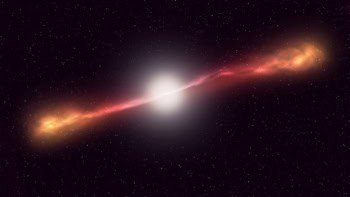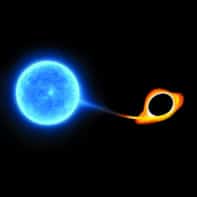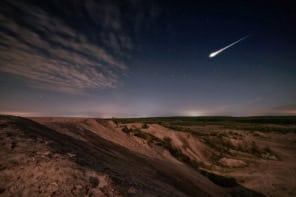The 2000 Wolf Prize for physics has been awarded to Ray Davies of the University of Pennsylvania in the US and Masatoshi Koshiba of the University of Tokyo for their pioneering work in the field of neutrino astronomy. The prize, awarded by the Wolf Foundation in Israel, is often considered the most important prize in physics after the Nobel prize. Davis and Koshiba will be presented with the $100000 prize by the president of Israel in May.
In 1967 Davis, then at the Brookhaven National Lab, built the first experiment to detect neutrinos produced by the Sun. Neutrinos only interact weakly with matter and are extremely difficult to detect. Davis’s experiment, which consisted of 615 tonnes of dry-cleaning fluid in the Homestake gold mine in South Dakota, detected less than half the flux of neutrinos predicted by widely accepted models of the Sun. The results could only be explained if these models were wrong, or if the neutrino had mass.
For 20 years Davis’s detector was the world’s only solar neutrino detector. Then, in 1987, Koshiba and colleagues started taking data with the Kamiokande detector, which was located 1000 metres underground in a lead and zinc mine.
Kamiokande, and subsequent experiments in Italy and Russia, confirmed the lower-than-expected neutrino flux reported by Davis. However, it was not until 1998 that the SuperKamiokande experiment found convincing evidence for neutrino mass in the form of oscillations between tau and muon neutrinos.



